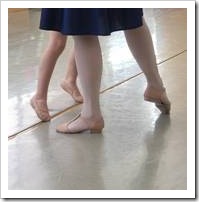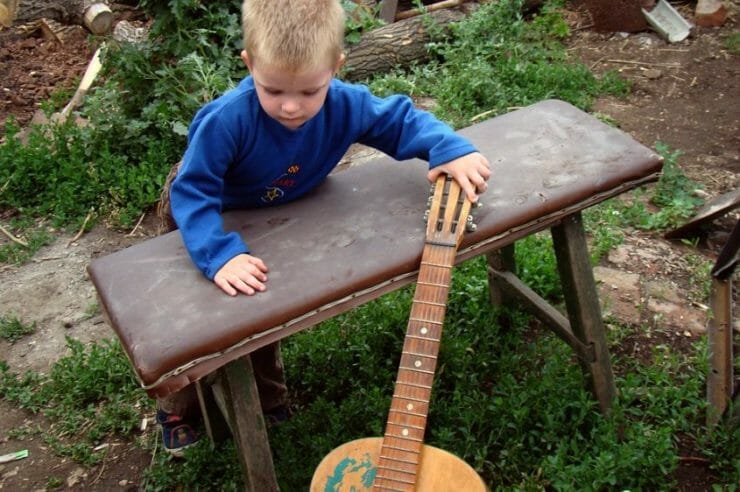
To find the school that best fits you and your child, and make sure you get the highest return on one of the biggest investments of your life, there are some things to think about. You need to consider how each of the factors or school characteristics influences your child’s education and success.
Here are some tips of what to consider when trying determining your formula for finding the best school. These will improve the chances of your investment being a success. They are in no particular order.
School Size
The size of the school needs to match your kid’s personality. Big schools have more programs, more enrichment, and more options in teaching. But there is always a risk that your child will get lost in the hustle and bustle. Check out the school, go meet the principal, talk to parents. Often, parents choose little schools because they want their child to get personal attention. The principal knows the children by name and the school has a personal touch. My children went primary school with over 1600 kids in it. The principal knew all the kids’ names, their parents’ names, their parent’s professions and what their hobbies were. It is possible to get a big school with a personal touch. This was good for my kids. Other parents who went to the exact same schools felt that their child was just a number in such a big school. It was not for them.
Read How to Choose the Best School for Your Kids: Questions to Consider »













